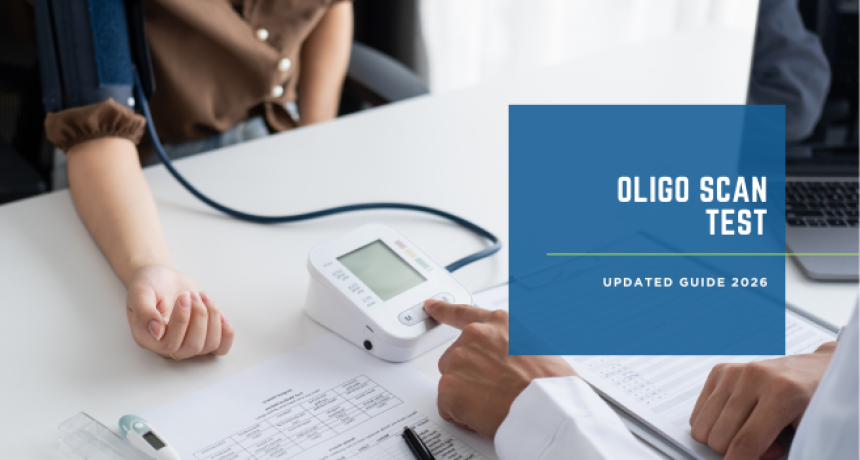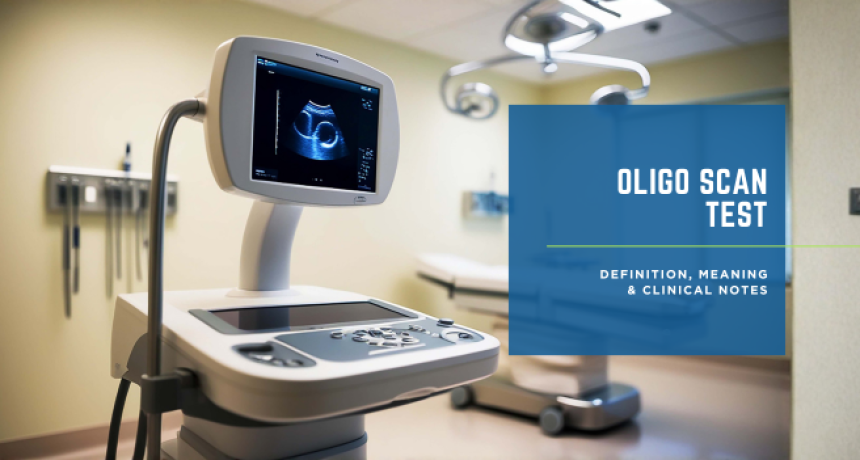Reversing Diabetes Through a Healthy Lifestyle: A Complete Guide by LB Clinics
2025-05-03 Diabetes has become a significant health challenge in India in recent years. According to WHO, an estimated 77 million people above the age of 18 suffer from Type 2 diabetes, and nearly 25 million are prediabetic. This causes an alarming situation among people that can lead to other serious illnesses such as kidney failure, heart disease, and many more. However, the good news is that Type 2 diabetes can often be reversed or effectively managed through a healthy lifestyle. At LB Clinics, they are committed to guiding you through a proper diagnosis and a healthy lifestyle to transform your life into a healthy and happy one. Diabetes is a long-term health condition where the body has trouble using a hormone called insulin, which helps control blood sugar levels. In Type 2 diabetes, the body doesn’t respond well to insulin, and thus, sugar builds up in the blood. If this happens and continues without treatment for a long time, it will harm important parts of the body, such as the heart, kidneys, and nerves. However, with a healthy diet, physical activities, medication, and stress management techniques, diabetes can be checked and kept under control. The LB Clinics offers a simple, diabetic-friendly plan for health and wellness. They look at the whole person and not just the illness for a better, healthier you. They use proven therapies like healthy eating and stress-relief techniques. Every health plan is structured according to your body and the problems related to it. A team of different health experts works together to help you recover. They focus on long-term solutions that fit your lifestyle and goals. They help you prevent problems before they start, using healthy habits. They combine regular medicine with natural and alternative options. For better health, you need to keep a check on your diet. Adopting a balanced and nutritious diet can help reverse diabetes. Here are a few tips to be followed for a healthy lifestyle and controlling diabetes. Choose Whole Grains such as brown rice or oats instead of refined grains. These are rich in fiber and nutrients. Include lean protein in your diet, like fish, chicken, or tofu, which provide essential proteins to the body. Try to consume at least 400 grams of fruits and vegetables. Keep your salt intake to less than 5 grams per day to prevent hypertension and reduce the risk of heart disease. Include healthy fats like olives and nuts for heart health. Limit sugary foods like beverages and snacks. Excessive sugar intake can worsen diabetic issues. According to the World Health Organization, only a 5% intake provides health benefits. Avoid overeating, as this will help you maintain the right weight, keep your health in check. Regular physical activity is essential for managing and potentially reversing Type 2 diabetes. It helps improve insulin sensitivity, lowers blood sugar levels, and reduces the risk of heart disease. Here are some recommended activities- Engaging in activities like walking, cycling for at least 30 minutes a day, five days a week, improves cardiovascular health and maintains insulin sensitivity. Strength training helps build muscle mass, which can improve metabolism and blood sugar control. Including stretching exercises helps enhance flexibility and reduce the risk of injury. You can also include balance exercises for preventing falls. [Tips- Always consult with a healthcare professional before starting any new exercise, especially if you have existing health conditions.] Stress can negatively affect blood sugar levels and overall health. Implementing effective stress management techniques can help maintain blood sugar levels and improve overall health. Practice meditation to reduce stress and improve mental clarity. You need to practice it daily in meditation sessions or groups, or guided sessions available on online platforms. Engage yourself in breathing exercises to promote relaxation. Techniques like inhaling or regular practice can lower your heart rate and blood pressure. Ensure 7-9 hours of quality sleep to support overall health. Good sleep helps regulate hormones and improve mood. Try to avoid screen time before sleeping, as it helps to enhance the quality of sleep. Expressive writing and social support are other ways to help yourself express your feelings and receive encouragement for a stress-free mind. Looking for a way to reverse diabetes? Reversing Type 2 diabetes is possible with dedication to a healthy lifestyle. Focus on eating nutritious food, regular exercise, stress management, and individuals can improve their blood sugar levels and reduce the risk of complications by consulting their healthcare provider. At LB Clinics, they are committed to providing personalized care and support to help you on your journey to better health. They have a diabetes reversal program in Delhi that includes personalized diet, exercises, and therapies based on your body and health requirements. They monitor your overall health condition for healthy support. Looking for something that can take control of your health? Here at LB Clinics, they support you in every step. Contact us today to begin your journey to a healthy life. Yes, many individuals have successfully reversed Type 2 diabetes through choosing healthy eating, exercise, and stress management techniques regularly. It depends on the medical condition of your body; it is always best to consult your healthcare provider. Improvements can be seen within weeks to months, depending on the individual's commitment and consistency with lifestyle changes.What is Diabetes?

Importance of Healthy Eating

Tips for Healthy Eating-
Physical Activity and Diabetes

1. Aerobic Exercises
2. Strength Training
3. Flexibility and Balance Exercises
Stress Management Techniques

1. Meditation
2. Breathing Exercise
3. Sufficient Sleep
Final words,
FAQs About Reversing Diabetes Through a Healthy Lifestyle: A Complete Guide by LB Clinics
1. Can Type 2 diabetes be reversed with lifestyle changes?
2. Can only a healthy lifestyle lead to better health without medication?
3. How long does it take to see improvements in blood sugar levels?
.png)















